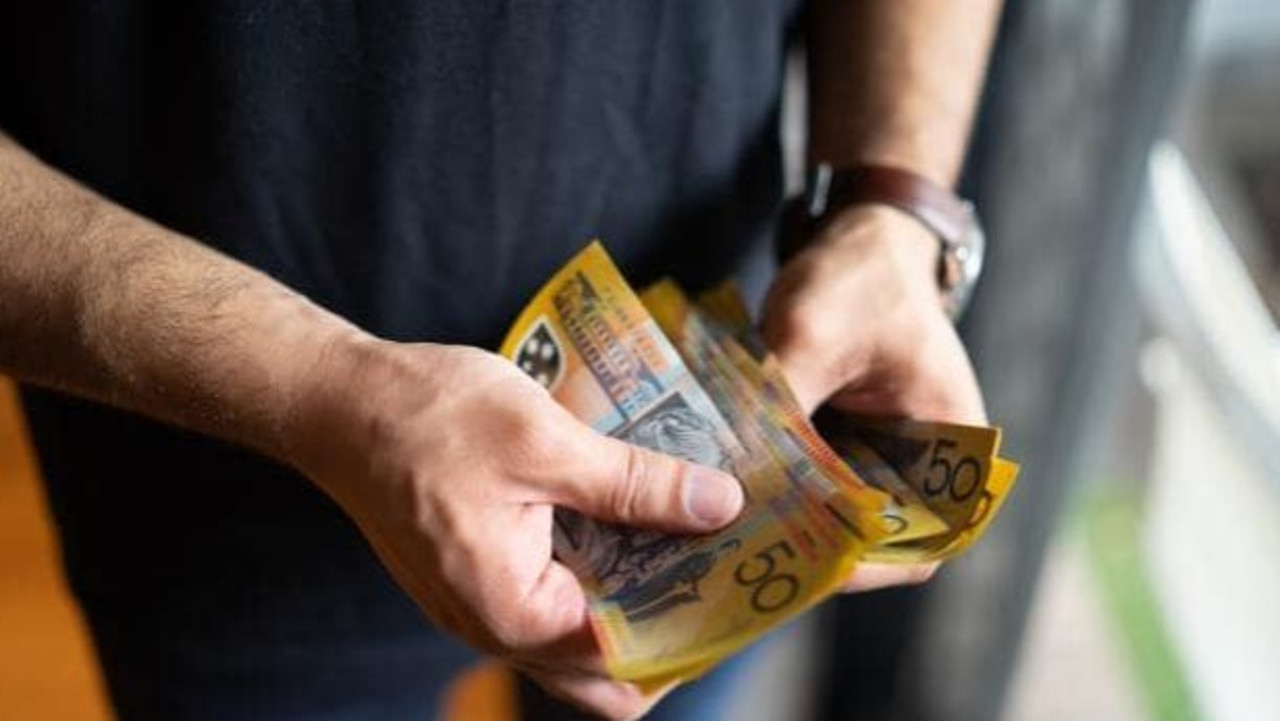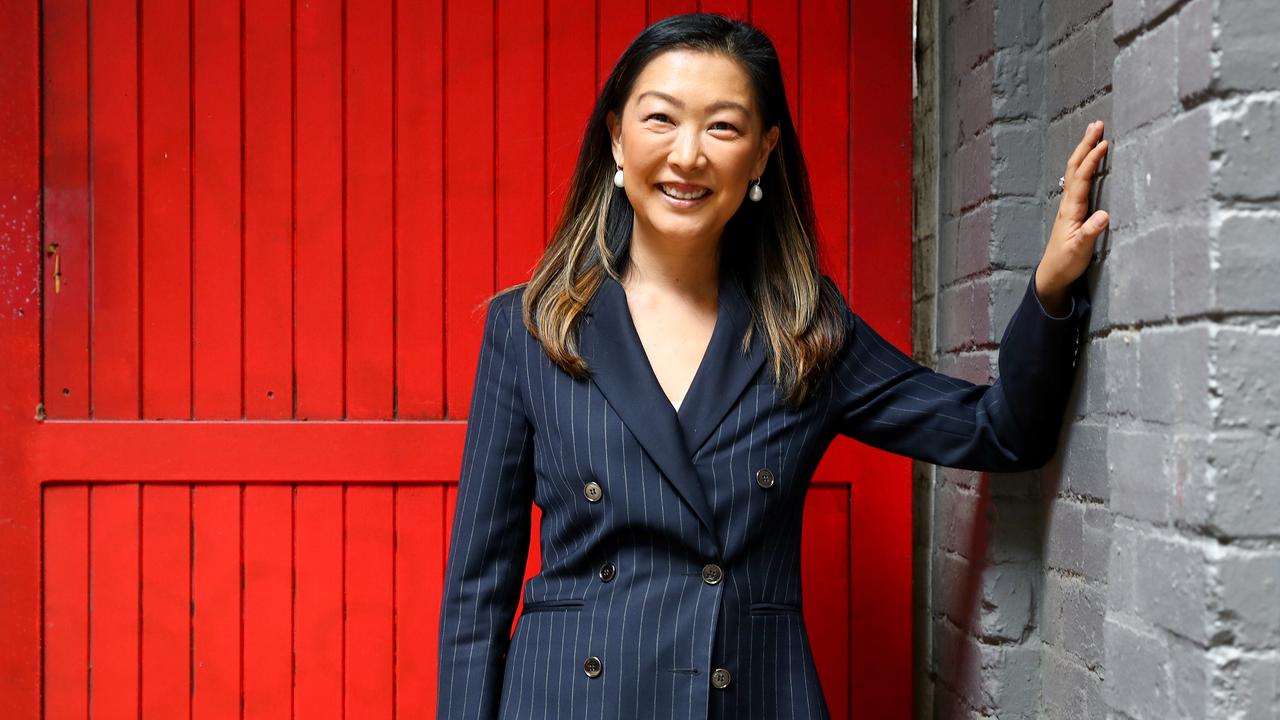How to create a budget: Best apps and planners to save money
You’ve cut buying coffee and ditched the car for public transport, so where’s the savings going wrong? Here are some tips to building wealth.
Gone are the days of needing to be an Excel spreadsheet pro to have access to building a budget and get your finances in order.
Personal finance experts say using smartphone applications to automate where your money goes is the safest and most disciplined way to make sure your hard earned isn’t squandered.
“Budgeting is about living within your means,” says George Lucas, chief executive of investment app Raiz.
“The skill to budgeting is learning how to achieve this without it affecting your lifestyle but also saving to achieving your financial goals, which may range from buying a house or saving to go on a holiday and even saving for a rainy-day fund.
“It is so important to live within your means so that the stress caused by financial issues when you live outside your means can be minimised.”
RELATED: Spending money on the weekend is ruining your budget
RELATED: How to declutter your finances and get your budget under control
RELATED: How to get trading on the share market
Mr Lucas’ app rounds up transactions to the nearest dollar and invests the difference between the purchase and the rounded up amount. It also allows users to make automated deposits, which is in turn invested.
“Cash is like a gas,” he said.
“What you have in your bank account or can easily access will tend to be spent. So, using a disciplined or automatic set and forget method can assist.”
Mr Lucas outlined an easy three-step way to put away cash immediately after your pay comes in.
Step 1: 10 per cent towards savings and investments
“This is left in a bank account that cannot be accessed easily and you need to think carefully to transfer into an account that can be accessed via a debit card,” the Raiz CEO said.
Step 2: Pay off all regular bills, otherwise known as fixed income
Step 3: What is left can be spent
“You can monitor this in near real time through your banking app or apps like Raiz, which ensure that you are spending the remaining amount in a way that will last you the rest of the month,” Mr Lucas said.

WHAT IF I NEED MORE HELP THAN THAT?
Thirdview Financial director Peter Foley said readers would be surprised with the number of clients he’d worked with in 15 years who simply didn’t know what their income was.
He said would-be savers needed to do an audit of their spending and the first step was working out exactly what was coming into your bank account.
“People feel overwhelmed and I think they say it’s all too hard,” the certified financial planner told news.com.au.
“They take the old ‘bury your head in the sand’ approach.”
So as we sit down to declutter our finances and set savings goals, let’s start there.
WHAT DO I EARN?
This seems obvious, but Mr Foley says it’s vital to clearly lay out what money is available to the individual.
“That’s the starting point because if you don’t know what you’re earning, how do you know what your savings capacity is? How do you know what your capability to repay debt is?”

WHAT IS MY SPENDING?
For that large portion of Australians who say it’s too hard to work out how much they spend, Mr Foley recommends the use of cashflow apps, Moneysoft and Pocketbook in particular.
“It does it really easily,” he said.
These fintech products allow the user to feed data from financial statements and credit unions to clearly show what the income is and what the living expenses are.
Once you have all this information, Mr Foley says to separate the necessary expenses — rent, mortgage, debt obligations, health insurance, petrol, and so on — from the unnecessary purchases — takeaway lunches, coffees, magazine subscriptions, Netflix and so on.
“How many of those do I really need, and if I add them all up, what’s it costing me,” Mr Foley recommended asking yourself.
Founder and chief executive of personal loan fintech MoneyPlace, Stuart Stoyan, said a way to reduce clutter with your finances was to consolidate multiple debts into one low interest debt.
“We don’t tend to think about all our expenses and investments in one go, so it can be hard to get a handle on it,” he said.
“A great example is to review your debt and make sure to consolidate any expensive debt like credit cards into a lower interest personal loan or your mortgage.”
In Mr Foley’s experience of mentoring people with their budgets, he said once people could articulate what made money important to them and their family, the spending habits aligned naturally.
“Once they can do that the behaviour then starts to follow,” he told news.com.au.
“Once we show people they won’t get to their goal if they continue with the current behaviour, they then adjust the behaviour automatically.”
HOW TO BUILD WEALTH WITH SHARES
Burman chief investment officer Julia Lee says the key to building wealth is to put your money in a place where it has a chance to grow, but also make sure you do it regularly.
“There’s a thing called the hot-cold gap, and this is the difference between what people intend to do versus what they actually do,” she said.
Ms Lee says this is similar to having discipline with a diet — it’s all well and good to say you’ll have a salad but when you get hungry at lunch, that hamburger and chips smells mighty fine.
“What you plan to do in a cold scenario as opposed to what you do when you’re surrounded by temptation — which is the hot scenario — is usually quite different and that’s because of people’s self-control mechanism,” she said.
“And it’s a shame when it comes to building wealth, people usually intend to save a lot of money and not spend a lot of money as opposed to what they will do and put something on their credit card; there tends to be a gap.
“The easiest way to build wealth over time is to take your money out as soon as you get your pay in your account, put it into a separate investment where you can’t see it and do that on a regular basis.”

HOW DO I GET STARTED ON THE SHARE MARKET
There are plenty of platforms that make buying and selling stocks simple to do from home, such as CMC Markets, Bell Direct and CommSec.
“The main thing I would say is when you’re starting out is just start low risk and then build with risk as you gain confidence,” Ms Lee told news.com.au.
“That might mean starting off with smaller sums of money until you feel more confident.
“And then taking over more and more of investing your money. Or that might mean just starting out with straight shares before getting into anything more complex or more risky.”
Ms Lee said people usually wanted to make as much money as they could over a short term when beginning on the market, which tends to mean they’ll invest in the riskier stocks on the market.
“When you’re starting out, it’s really important to realise it takes a while to get your head around how shares behave and the lessons that you need to learn,” she said.
“So look at it as a process. It’s better to learn those lessons when you’re taking less risk and as you get more knowledgeable to build risk over time.”
WHAT ARE SOME DECENT STOCKS TO GET GOING?
Now you have access to a trading platform and you’re ready to start buying shares, Ms Lee said one of the first rules of investing was to diversify your investments to protect your money from the fluctuations of the market.
“If I was getting started today and I wanted a selection of shares, I’d choose a mix of shares that weren’t in the same industry,” she said.
The investment veteran suggests the following to get the ball rolling:
CSL (CSL): The biotechnology company falls under the healthcare sector and has been a darling of the Aussie market for the last couple of years. It’s currently worth more than $230 per share and is a strong growth stock.
Macquarie Group (MQG): The investment bank is Ms Lee’s tip of the finance sector, which is generally viewed as a more predictable stock than that of the big four banks — NAB, Westpac, ANZ and Commonwealth Bank.
Woolworths Group (WOW): Of the major supermarkets, Ms Lee is more keen on Woolies than Coles at the moment.
Santos (STO): The oil and gas provider is currently the investment expert’s tip for the energy sector.
“That gives me a bit of diversification in terms of the market and somewhere to start,” Ms Lee told news.com.au.
“Having said that, all the shares aren’t going to go up or down at the same time, and that’s the benefits of diversification. You should see your risks spread out a little more over these investments.”
Do you use a budgeting app? Does it work? Comment below. @James_P_Hall | james.hall1@news.com.au




